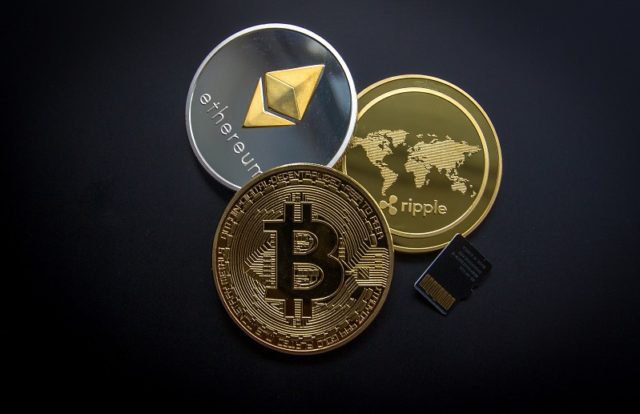
Payment will be raised on 5/15/2017 21:13:40,” read the screen as Robert Gren looked at the clock on his computer. He had 26 minutes to decide whether to pay the ransom to the hackers to decrypt his files. After the deadline, the ransom was going to double. “I’m still battling my thoughts,” he said over the phone. “I have found some people that claim that their friends or acquaintances have had their files decrypted. But on the other hand, I haven’t been able to verify it in any way or get in touch with anyone directly.” He needed to pay up $300 worth Bitcoins. on giving experts a central point for coordinating responses to network emergencies, thus laying the foundation for information security.
This was three days after WannaCry had wreaked havoc on the entire world—holding the data of millions hostage for billions in Bitcoins. The same year, Bitcoin reached an all-time high of nearly $20,000 per coin. Bitcoin was hacker gold and always had been. In fact, two years after the birth of Bitcoin, people had created a clandestine marketplace on the dark web called Silk Road, where drugs and guns were sold via limited time flash sales. Things changed only after Ross Ulbricht, the founder of the Silk Road, was apprehended by the FBI and his stash of Bitcoins was seized. But Bitcoins continued to carry the dubious distinction of being the currency for everything illegal because of the currency’s anonymity.
WannaCry was no different and continued to make Bitcoins synonymous with hushed illegal activities. In fact, what the cyber- attack set in motion was something alarming. Organizations started stockpiling Bitcoins to pay hackers in case they ever found themselves in the midst of an attack. One study found that 73 percent of CEOs and CISOs were setting aside cryptocurrency to pay up ransomware demands. The study was conducted by a data security firm called Code 42. The results were shocking. The company not only found that nearly three-quarters of CISOs were involved in buying cryptocurrency, but nearly 79 percent said that within the last year, they had paid a ransom to hackers post an attack.















